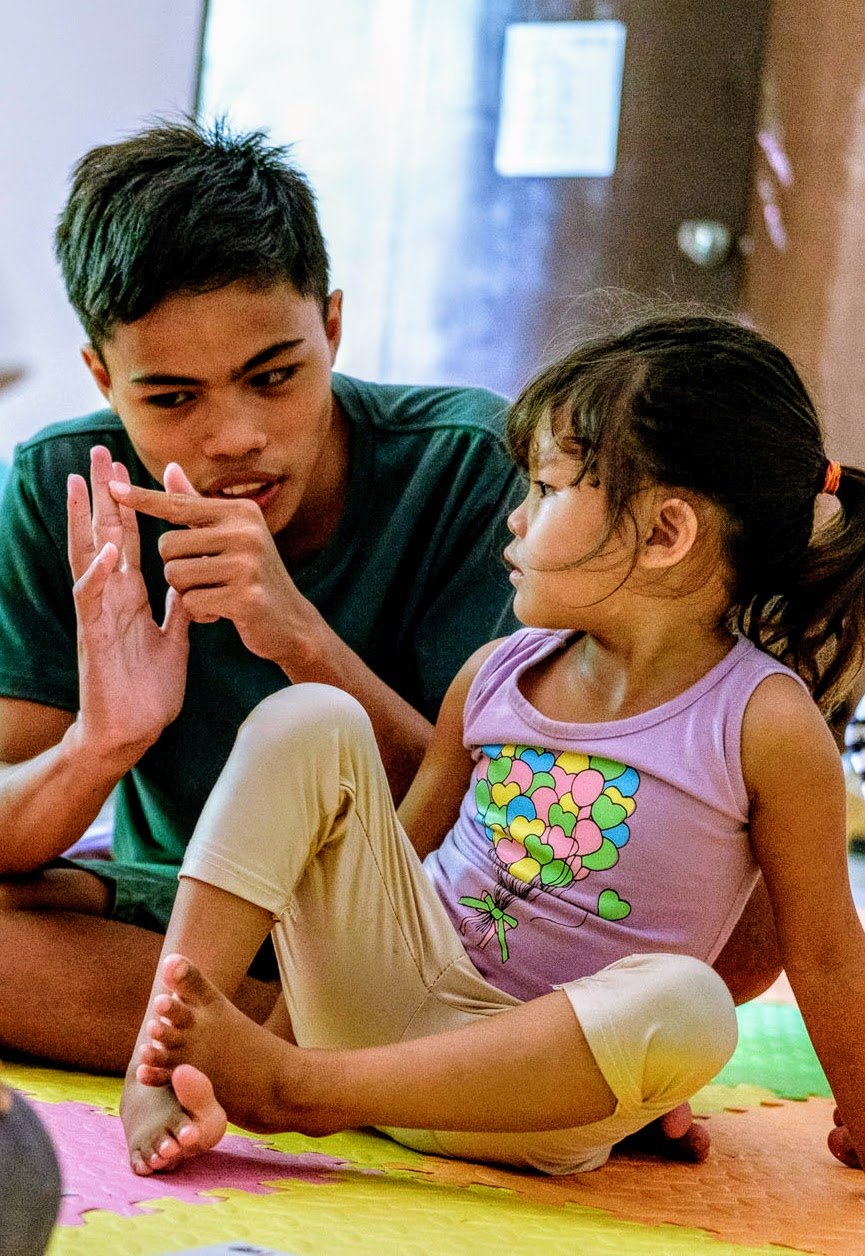The expression "math anxiety" was coined in 1980 by Shelia Tobias and Carol Weissbrod to describe the "panic, helplessness, paralysis, and mental discorganization" that some people feel when they have to solve a mathematical problem. According to Loic Menzies, chief executive for The Centre of Education and Youth in London, math anxiety first develops around the age of 7, when students are in years 3 and 4. As the problem grows, some kids begin to disengage with this so important matter. Why at this time?
Because it's when math content moves beyond basic numeracy. Moreover, while the situation may worsen with the progression in content, parents can play a negative role in the development of their children's math anxiety. As the subject becomes more complex, parents' own confidence in supporting their kids beside school may waver, which may induce an increase in the kids' own math anxiety, thereby affecting their abilities.
Why do we need to tackle math anxiety? Simply because children who do poorly in math early on are less likely to do well at the end of secondary school. “When pupils develop math anxiety, that can lead to cognitive overload, which means students struggle to grasp any learning. Math also has a cumulative nature – so not knowing how to multiply fractions, for example, will make it harder to solve an algebra equation,” says Menzie.
In schools, there are fewer interventions around early mathematics and teachers are much quicker to respond to difficulties in early reading. They are a lot of programs that provide families with early reading, a positive practice that should be emulated with math. It's crucial to teach kids that math has many layers and that, even if a step doesn't seem relevant right now, it will probably become so over the long term.
“In maths, you need to build skills layer by layer. Instead of always trying to find a specific example for the little component that's being taught, you have to create an environment in which learning and getting better at solving this problem is exciting in itself. Pupils need to recognise the importance of building a foundation that will allow them to do even more complicated stuff in the future,” explains Menzies.

Picture: Arcanys Early Learning Foundation (AELF)

